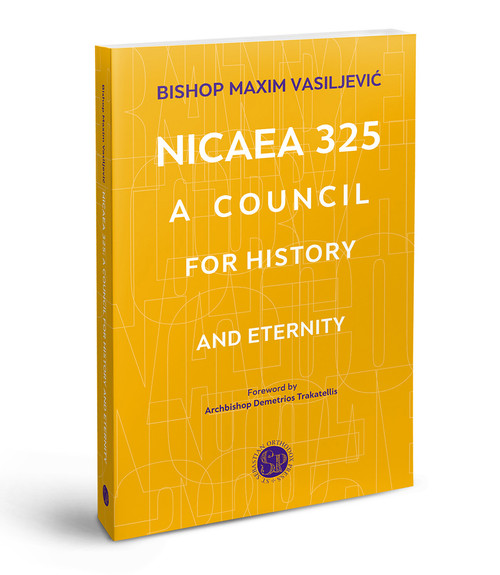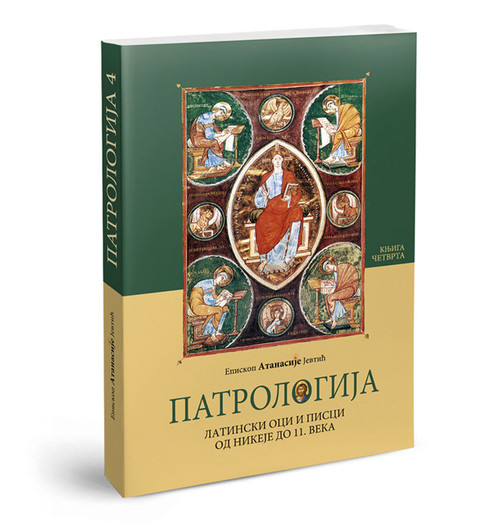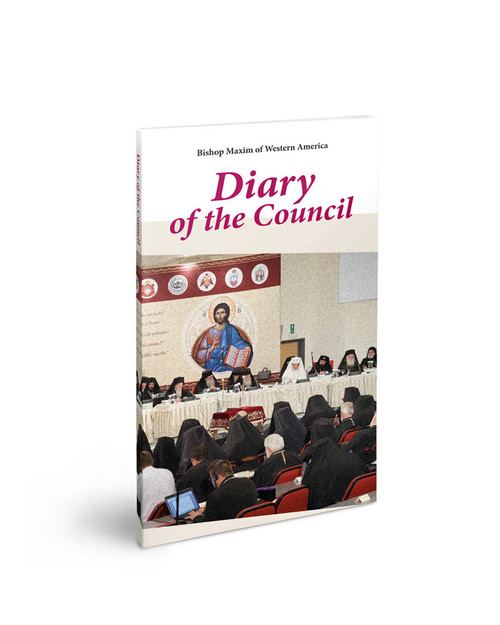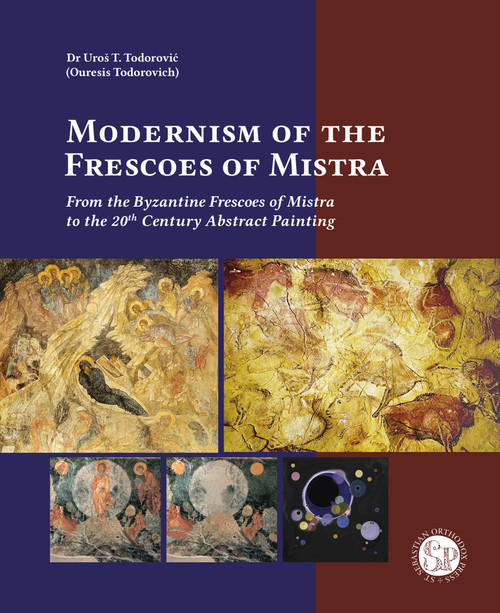Nicaea 325: A Council for History and Eternity—Conciliarity from Nicaea to the Modern Church
- Author:
- Bishop Maxim Vasiljević
- ISBN:
- 978-1-964233-19-2
- Book Details:
- Paperback · black & white with color pages · 5.7 × 8 × 0.7 in · 271 pages · English (Latin) · Publisher: Sebastian Press · 2025
This is an outstanding book that combines theological depth, historical insight, and ecclesial vision with such clarity and thoroughness. In this volume, the Very Reverend Bishop of Los Angeles and Western America Maxim Vasiljević revisits the conciliar vision inaugurated in the First Ecumenical Council of Nicaea (325), offering not merely a historical reflection, but an important theological interpretation that speaks directly to the needs of the contemporary Church. Across nine carefully constructed chapters the author, known for his scholarly rigor and ecclesial sensitivity, guides the reader through the evolving meaning of synodality or conciliarity, its synonym. From the foundational faith of Nicaea to the recent deliberations of the Holy and Great Council of Crete (2016), the author shows that conciliarity or synodality is not a static structure but a living and unique gift from God, an existential spiritual reality, an expression of freedom, difference and communal grace. Written on the eve of the 1700th anniversary of Nicaea’s Ecumenical Council the book is both timely and timeless. It offers a graceful invitation to rediscover conciliarity, not only as a canonically indispensable procedure but as a vital modus vivendi for the Orthodox Church at any time and at any place on Earth.
Demetrios Trakatellis, Ph.D, Th.D
Archbishop formerly of America
What do conciliarity at Nicaea 325 and the modern era have in common? Well, a lot, despite the fact that the two eras are completely different. In its contemporary significance, this book argues for the relevance of conciliarity as a model for addressing the complexities of the 21st-century Church and society. It critiques the misinterpretations and underutilization of synodality, advocating for its revival as a means to achieve greater unity and authenticity within the Orthodox Church. Through case studies like the Holy and Great Council of Crete (2016), I illustrate practical applications of synodal principles and offer a vision for engaging modern challenges, including globalization, pluralism, and the need for ecclesial renewal. This synthesis of historical depth and modern relevance aims to serve as a vital resource for theologians, clergy, and anyone interested in the Orthodox understanding of unity and governance.
A careful reading of the Nicene Creed reveals that it speaks both of the eternal, Trinitarian God and of His intimate involvement in the history of salvation. Even the biblical phrase “one God the Father” is enriched by the Creed’s addition of “pantocrator,” “the All-holding One,” the Creator of heaven and earth, of all things visible and invisible. In the Nicene tradition, the Father’s creative power is not viewed primarily through the lens of dominance, but through the lens of communion. In the Greek theological vocabulary, the term παντοκράτωρ (rather than παντοδύναμος) carries profound significance. As Fr. Dario Chiapetti explains, pantocrator “indicates the capacity to embrace, to contain, to establish relationships of communion and love.” Пantocrator is not about potestas or actus, but about communio. Thus, the Father’s role as Creator is best understood as an outpouring of His relational being—an extension of divine love that encompasses and sustains all creation.
Bishop Maxim








